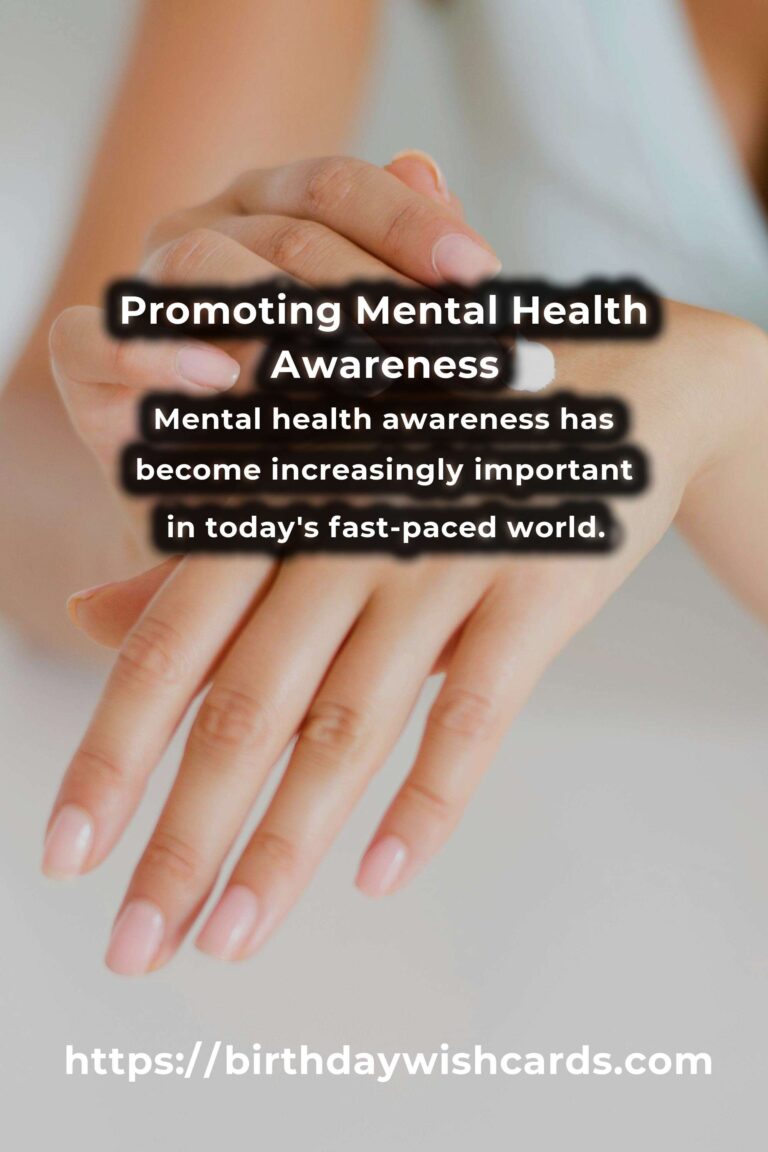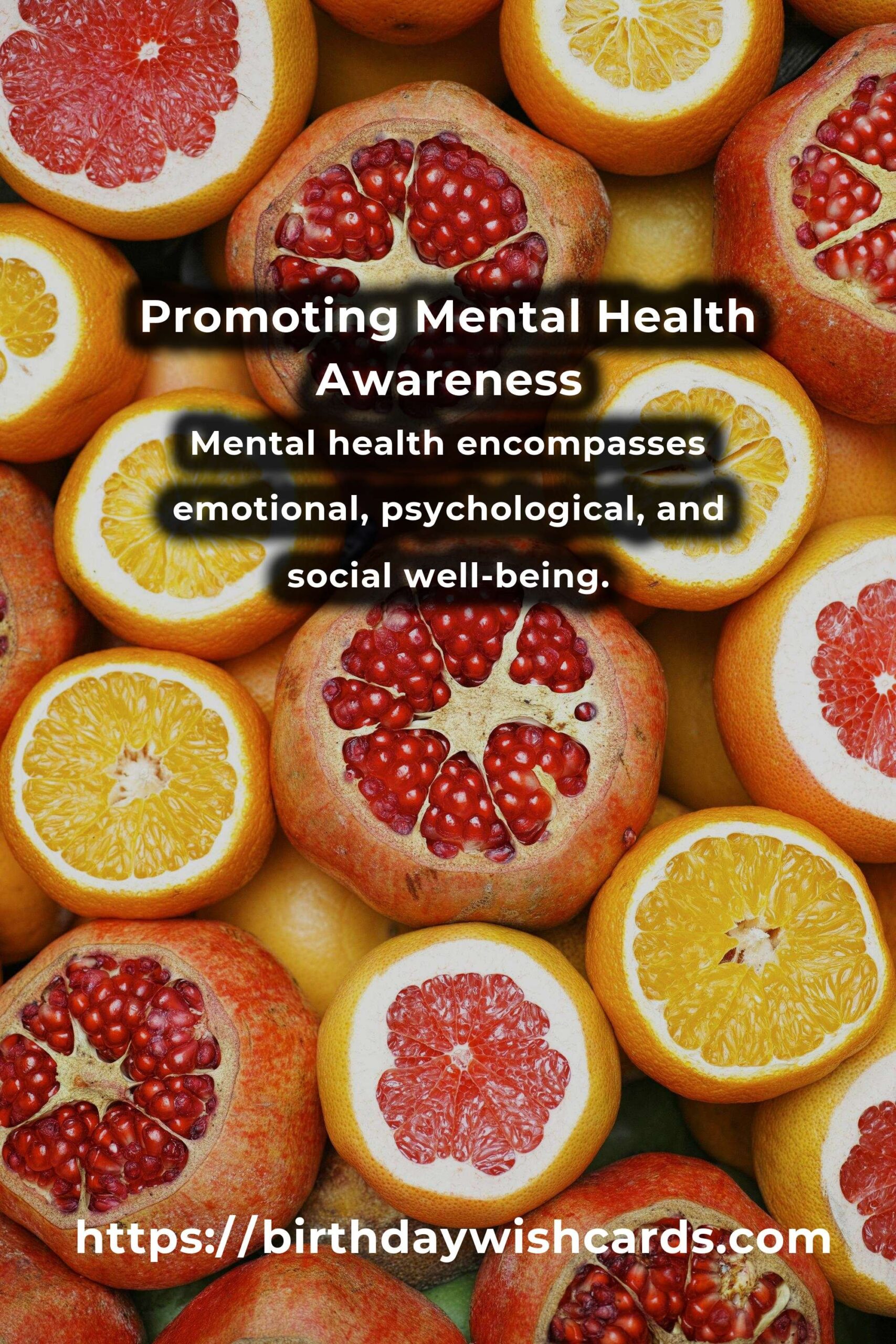
Mental health awareness has become increasingly important in today’s fast-paced world. With the rise of stress, anxiety, and depression among people of all ages, understanding mental health and promoting awareness is crucial. This article explores how practical mental health awareness can significantly improve individual well-being and foster a healthier society.
Understanding Mental Health
Mental health encompasses emotional, psychological, and social well-being. It affects how we think, feel, and act, influencing our ability to handle stress, relate to others, and make choices. Mental health is important at every stage of life, from childhood through adulthood.
One of the key aspects of mental health awareness is recognizing the signs of mental health issues. These can include changes in mood, energy level, or appetite, difficulty sleeping, and withdrawing from social activities. Early detection and intervention can lead to better outcomes and recovery.
The Importance of Mental Health Awareness
Mental health awareness helps reduce stigma associated with mental health conditions. Stigma can discourage individuals from seeking help and can lead to discrimination. By promoting mental health awareness, we create an environment where people feel comfortable discussing their mental health and seeking support.
Awareness also encourages individuals to prioritize their mental health and engage in practices that promote well-being. These practices can include regular exercise, a healthy diet, adequate sleep, and mindfulness techniques such as meditation and yoga.
Practical Steps to Enhance Mental Health Awareness
1. Education and Training
One of the most effective ways to promote mental health awareness is through education and training. Schools, workplaces, and communities can implement mental health programs that educate individuals about mental health conditions, their signs, and how to seek help. Training programs can also equip people with the skills to support others experiencing mental health challenges.
2. Open Conversations
Encouraging open conversations about mental health can normalize the topic and reduce stigma. Creating safe spaces where people feel comfortable sharing their experiences and challenges can foster a supportive community. It is important to listen actively and validate the feelings of those who choose to share their mental health journey.
3. Access to Resources
Access to mental health resources is crucial for effective awareness. Providing information about local mental health services, hotlines, and online resources can empower individuals to seek help when needed. Employers can also offer employee assistance programs that provide confidential counseling and support services.
4. Self-Care Practices
Promoting self-care practices is an essential component of mental health awareness. Encouraging individuals to take time for themselves and engage in activities that bring joy and relaxation can significantly impact mental well-being. Self-care practices can include hobbies, spending time in nature, journaling, or simply taking a moment to breathe deeply.
Conclusion
Practical mental health awareness is a powerful tool in enhancing individual and societal well-being. By educating ourselves and others, fostering open conversations, providing access to resources, and encouraging self-care, we can unlock the potential for a healthier, more supportive community. Let us commit to prioritizing mental health and creating a world where everyone can thrive.
Mental health awareness has become increasingly important in today’s fast-paced world. Understanding mental health and promoting awareness is crucial for individual well-being. Mental health encompasses emotional, psychological, and social well-being. Awareness helps reduce stigma associated with mental health conditions. Practical steps to enhance mental health awareness include education and training, open conversations, access to resources, and self-care practices.
#MentalHealthAwareness #MentalWellbeing #SelfCare #MentalHealthMatters

